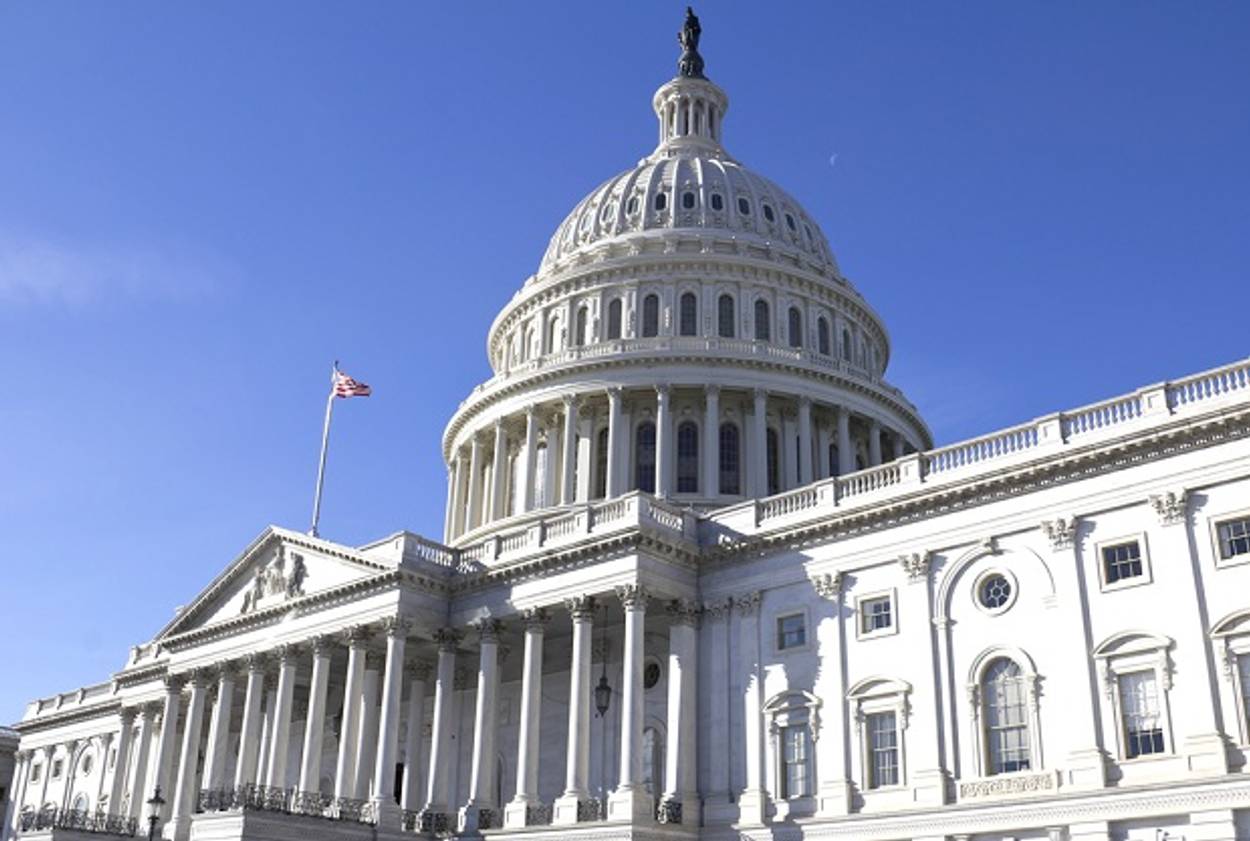Israel Spent $1,250 To Lobby America in 2013
New study shows other countries spend much more on influencing America




If you estimated the amount of money a country spends on lobbying the United States based on critical media coverage of that lobbying, you’d probably put Israel at the top of the list. But a new study by the Sunlight Foundation reveals that not only isn’t Israel a big spender, it practically doesn’t even make the list. Of the 84 countries surveyed, Israel ranked 83rd, spending just $1,250 to lobby America in 2013. (The only country that ranked lower was Mali, which spent nothing at all.) By contrast, other key American allies unloaded massive sums to influence the U.S. government. Topping the list is the United Arab Emirates with $14.2 million. It is followed by Germany ($12 million), Canada ($11.2 million), and Saudi Arabia ($11.1 million).
Why doesn’t Israel spend comparable amounts–or even a fraction of that–to lobby the American government? As the Washington Post notes, the Jewish state doesn’t need to bankroll an advocacy effort from abroad because it has domestic supporters who do the job. Thus, AIPAC spent approximately $3 million lobbying for Israel in 2013. This arrangement is unsurprising. As polls have shown for decades, Israel remains wildly popular among the American population, Jew and non-Jew alike. By contrast, countries like the UAE and Saudi Arabia don’t inspire such support, and need to fund their own outreach to maintain their alliances. Likewise, while Americans view Canada and Germany quite favorably, it seems they are not willing to lobby on their behalf, perhaps because neither possesses the unique mix of religious and ideological affinities that Israel does.
The survey also exposes the double standards of the discourse surrounding the allegedly all-powerful Israel lobby and its purported “stranglehold” on Congress. Last October, Jack Straw, the former foreign minister of the United Kingdom, claimed that the lobby’s “unlimited funds” enable it to dictate American policy in the Middle East. Similar assertions have been advanced by former President Jimmy Carter, and political scientists Stephen Walt and John Mearsheimer, as well as many less respectable sources. Indeed, discussion of the Israel lobby’s supposedly malign influence is a staple of countless critiques of the U.S.-Israel relationship. Yet somehow, the massive foreign expenditures of other American allies like Saudi Arabia and Germany to sway U.S. policy–which dwarf the purely domestic spending of pro-Israel groups–rarely face similar scrutiny. Only Israel’s comparably meager efforts are repeatedly stigmatized, delegitimized and endowed with sinister overtones.
The logic of singling out the Jewish state for its lobbying, however, is suspect. After all, if Israel’s relatively small outlays are really able to have such a profound impact on U.S. policy, shouldn’t its critics be even more concerned with the exponentially greater sums being spent by other states?
It’s almost as though countries jockeying for influence in America are viewed as simply participating productively in the political process–unless they have the misfortune to be Jewish.
Yair Rosenberg is a senior writer at Tablet. Subscribe to his newsletter, listen to his music, and follow him on Twitter and Facebook.